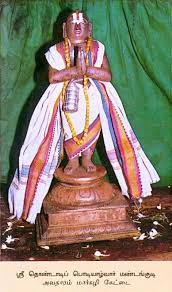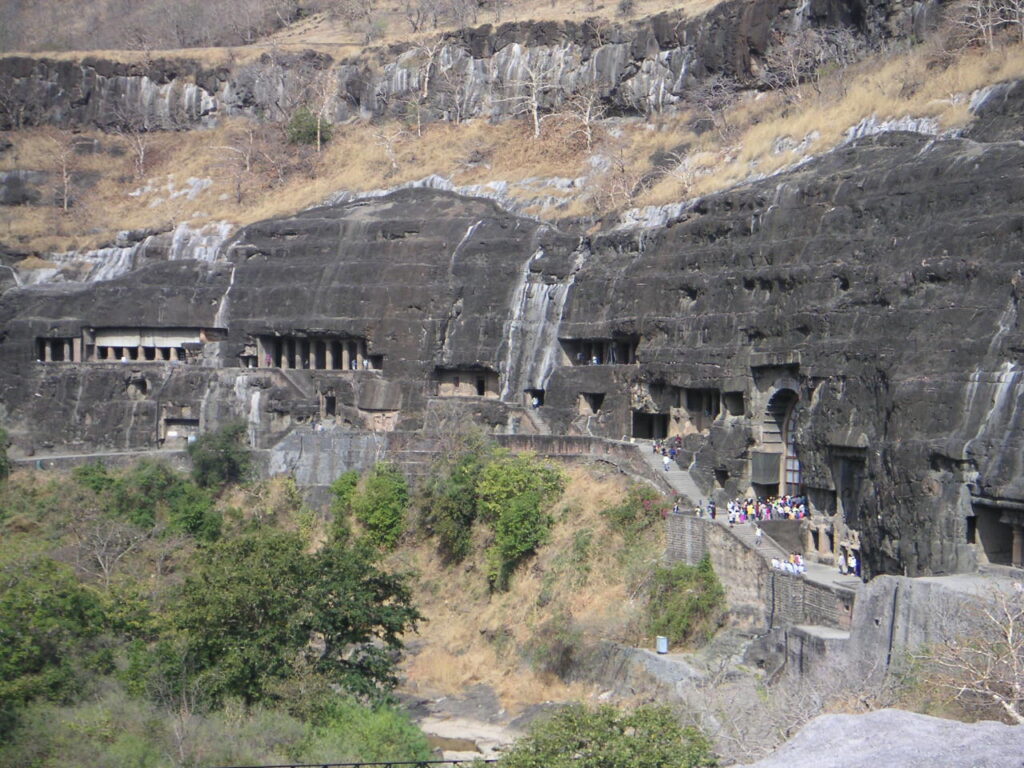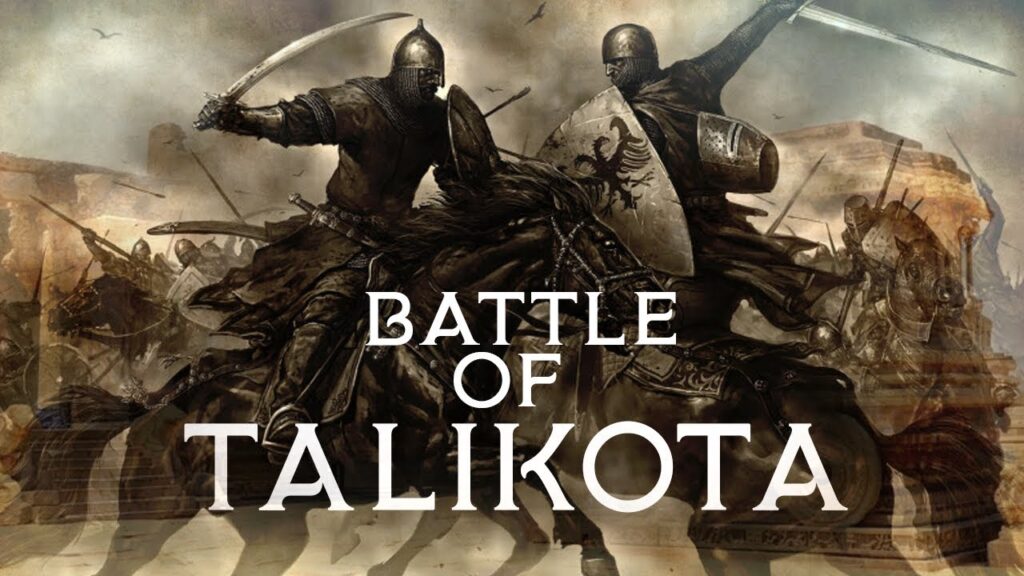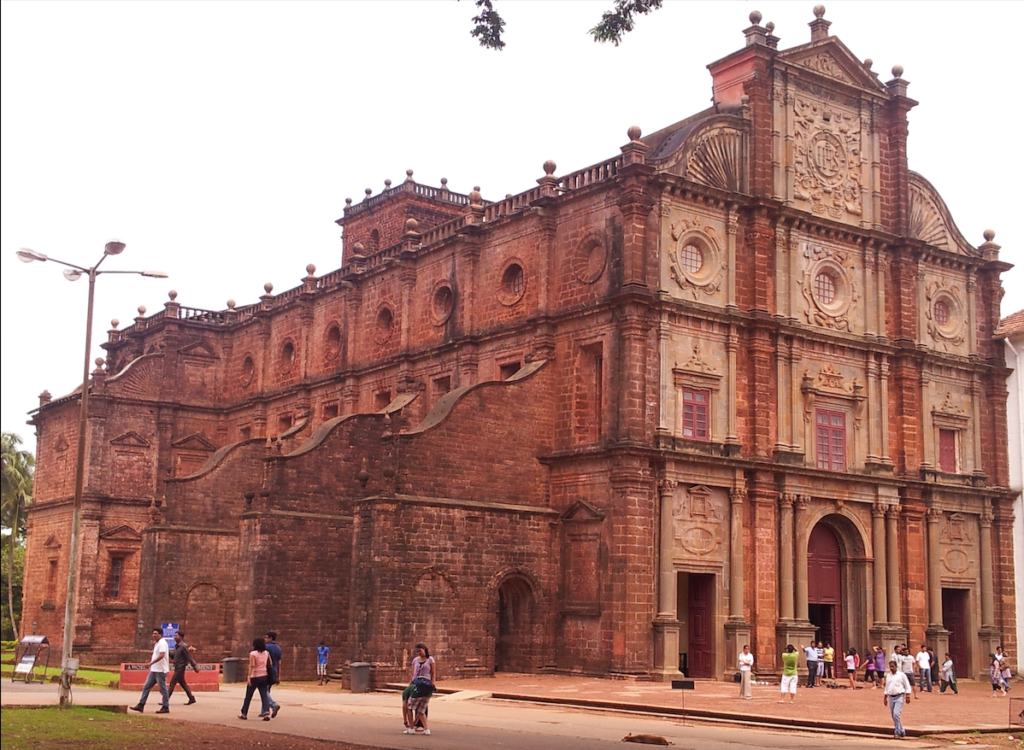The Alvar saints, also known as the Alvars, were a group of mystic poet-saints who lived in South India between the 7th and 10th centuries CE. Their devotional poetry, composed in Tamil, played a significant role in the Bhakti movement, a spiritual and social reform movement that swept across India during the medieval period. In this exploration, we delve into the lives, teachings, and enduring legacy of the Alvar saints, highlighting their profound impact on South Indian culture, religion, and society.
Historical Context:
The period between the 7th and 10th centuries CE was marked by profound socio-religious changes in South India. The region was characterized by the dominance of the Bhakti movement, which emphasized personal devotion (bhakti) to a chosen deity as the means to attain spiritual liberation. The Alvar saints emerged as the torchbearers of this movement, channeling their deep devotion and mystical experiences into sublime poetry that continues to inspire devotees to this day.
Origin and Background:
The term “Alvar” is derived from the Tamil word “Alvarkal,” which means “those who are immersed” or “those who are deeply devoted.” The Alvar saints were believed to have been divinely inspired and were revered as the embodiments of bhakti, exemplifying the ideal of unconditional love and devotion to the divine.
The exact number of Alvar saints varies in different traditions, but the most commonly accepted count is twelve. These saints hailed from various backgrounds, including Brahmin, Kshatriya, and even lower-caste communities, highlighting the inclusive nature of the Bhakti movement.
Teachings and Contributions:
The Alvar saints expressed their devotion through a rich corpus of devotional poetry known as “Divya Prabandham,” which consists of four thousand hymns. Their verses, composed in simple yet profound Tamil, are replete with vivid imagery, intense emotions, and deep philosophical insights.
The Alvars’ poetry primarily revolves around the themes of divine love, surrender, and the path to liberation (moksha). They extolled the virtues of their chosen deities, primarily Vishnu in his various manifestations, and depicted their experiences of divine communion in ecstatic terms. Through their verses, the Alvars sought to inspire others to cultivate a deep and intimate relationship with the divine, transcending the barriers of caste, creed, and social status.
Notable Alvar Saints:
- Poigai Alvar: Poigai Alvar, considered the first among the Alvars, is renowned for his profound verses praising the divine qualities of Lord Vishnu. His poetry is characterized by its simplicity, sincerity, and deep devotion.
- Bhoothathalvar: Bhoothathalvar’s poetry reflects his intense longing for union with the divine. He often depicted himself as a humble servant of the Lord, yearning for his grace and protection.
- Peyalvar: Peyalvar’s verses are notable for their passionate expression of love and devotion to Lord Vishnu. He employed vivid imagery and metaphorical language to convey the ineffable nature of divine love.
- Nammalvar: Nammalvar, also known as Sadagopan, is one of the most revered Alvar saints. His devotional hymns, collectively known as “Thiruvaymozhi,” are considered among the finest works of Tamil literature. Nammalvar’s poetry reflects his deep mystical experiences and his profound realization of the divine presence in all aspects of creation.
- Madhurakavi Alvar: Madhurakavi Alvar’s verses are imbued with a sense of childlike innocence and simplicity. He is best known for his unwavering faith in the divine and his earnest longing for union with the beloved.
- Andal: Andal, the only female Alvar saint, occupies a special place in South Indian devotional literature. Her hymns, particularly the “Thiruppavai” and “Nachiar Tirumozhi,” celebrate her intense love for Lord Krishna and her yearning to be united with him in divine union.
Impact and Influence:
The Alvar saints played a transformative role in South Indian religious and cultural life. Their devotional poetry served as a powerful medium for disseminating the ideals of the Bhakti movement and promoting spiritual egalitarianism. Through their verses, they inspired people from all walks of life to cultivate a personal relationship with the divine, transcending the rigid boundaries of caste and social hierarchy.
The Alvars’ teachings also had a profound impact on the development of temple worship and ritual practices in South India. Many of their hymns were incorporated into the liturgical traditions of Vaishnavism, enriching the religious experience of devotees and deepening their understanding of the divine.
Conclusion:
In conclusion, the Alvar saints occupy a revered position in the pantheon of South Indian devotional literature. Their timeless verses continue to inspire millions of devotees with their profound expressions of love, devotion, and mystical insight. Through their poetry, the Alvars sought to uplift the hearts and minds of people, leading them on a transformative journey towards spiritual liberation.
As we reflect on the lives and teachings of the Alvar saints, let us draw inspiration from their unwavering devotion and their profound realization of the divine presence in all aspects of life. May their legacy continue to guide and inspire us on our own spiritual journey, reminding us of the eternal truths of love, compassion, and the quest for ultimate truth.






